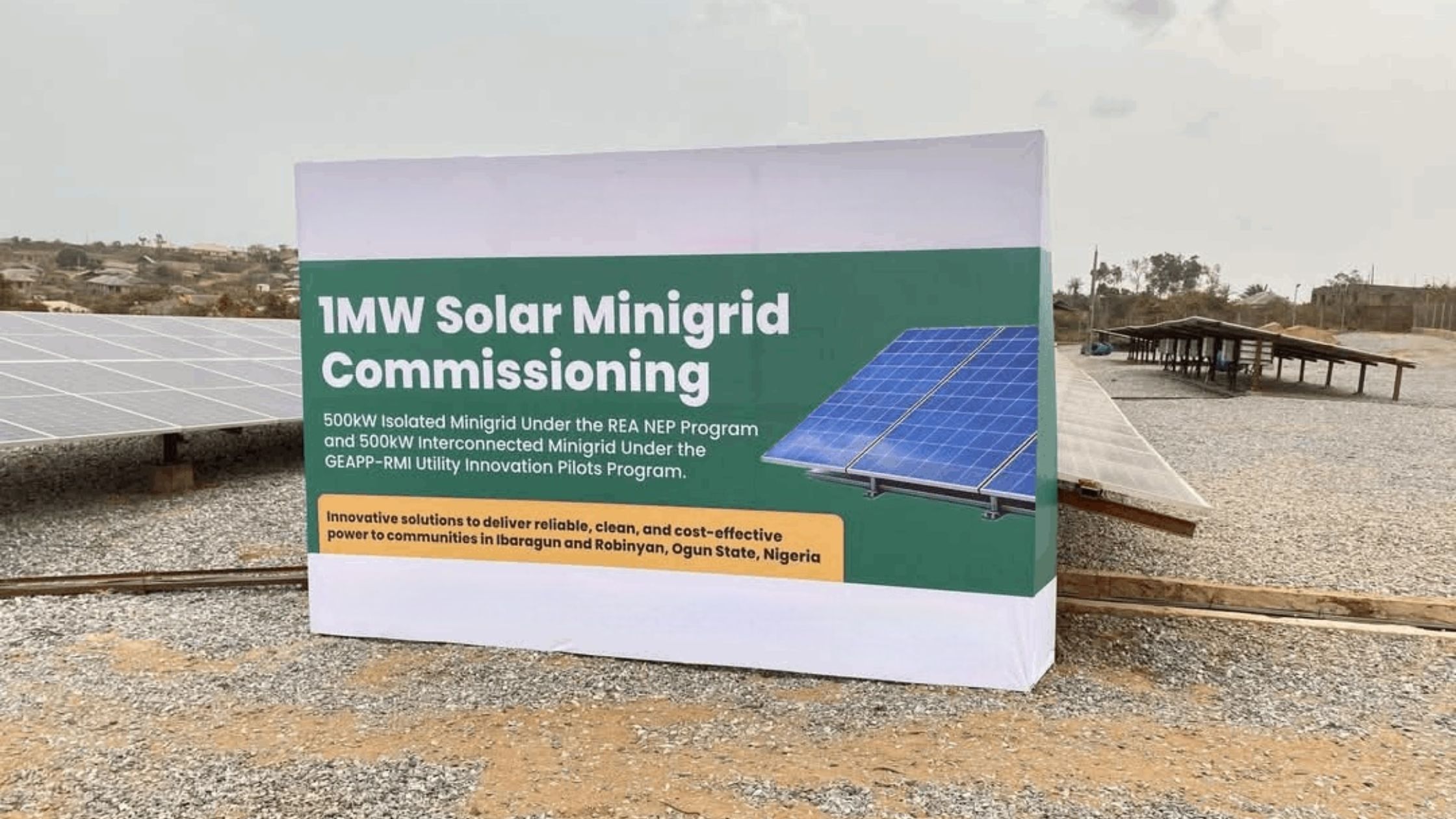
Empowering Ibaragun and Robiyan Through Clean Energy
In the underserved communities of Ibaragun and Robiyan in Ogun State, Nigeria, a transformative clean energy project is bridging the long-standing gap in reliable electricity. Spearheaded by ATESS in partnership with local partners and global organizations, a pioneering 1MW solar hybrid mini-grid is now delivering dependable, sustainable power to thousands.
Project Background
Before the installation of this system, residents of these communities depended heavily on costly and polluting diesel and petrol generators. Frequent power outages hampered economic growth, restricted access to education and healthcare, and strained daily life. The introduction of ATESS’s integrated solar and energy storage solution has brought significant and measurable improvements.

Innovative Energy Infrastructure
The project comprises a 1.2MWp solar photovoltaic array paired with a 1MW AC power output system and an advanced 1.7MWh lithium-ion battery storage unit from ATESS. The energy is managed by two ATESS PCS500 bidirectional inverters that ensure seamless switching between solar power, stored battery energy, and the national grid. The dual-structure design includes:
- 500kW Isolated Mini-Grid: Part of the Nigerian Rural Electrification Agency’s (REA) National Electrification Program, this segment provides off-grid power to rural households and businesses.
- 500kW Interconnected Mini-Grid: Supported by GEAPP and the RMI Utility Innovation Pilots Program, this links with the national grid to enhance peri-urban energy reliability.
The project was commissioned in September 2024 and officially launched on March 6, 2025.

Working Mechanism: Intelligent Load Management
The system operates using a smart Load Priority Mode. It dynamically manages energy sources based on demand, solar input, battery charge levels, and grid availability. When the battery reaches a low state of charge or the grid disconnects, a backup generator can be activated to maintain uninterrupted supply.
Community Impact and Sustainability
Serving over 10,000 connections—including homes, schools, medical centers, and businesses—the mini-grid produces around 545,000 kWh annually. The benefits are substantial:
- Energy Access: Reliable electricity has drastically reduced blackouts and improved everyday living conditions.
- Economic Development: Stable power has sparked local business activity, fostering job creation and economic growth.
- Environmental Gains: By displacing fossil fuel generators, the project cuts more than 400 metric tons of CO₂ emissions per community each year.
- Social Progress: Improved public services, particularly in education and healthcare, are driving long-term development.
Local leaders and residents have praised the initiative, describing it as “a clean energy solution with lasting community benefits.”

Looking Ahead
This project represents more than just power supply—it’s a scalable model for energy transformation across Africa. Aligned with the Global Energy Alliance for People and Planet’s (GEAPP) vision to electrify 300 million people, the ATESS mini-grid offers a blueprint for sustainable development through innovation.
ATESS’s hybrid mini-grid in Nigeria showcases the power of technology, collaboration, and vision in reshaping energy access. It stands as a beacon of progress, proving that renewable energy can drive community upliftment, environmental responsibility, and a brighter future for all.
For more information, visit atesspower.com.
Related
Source link



